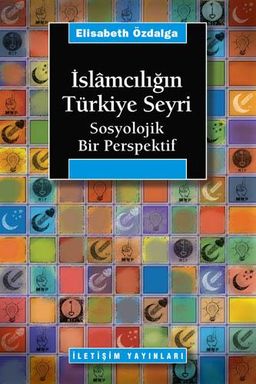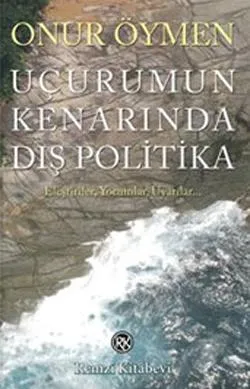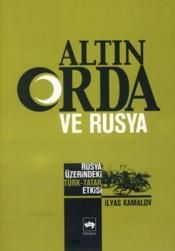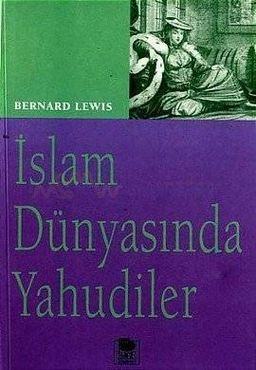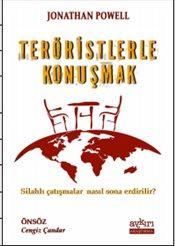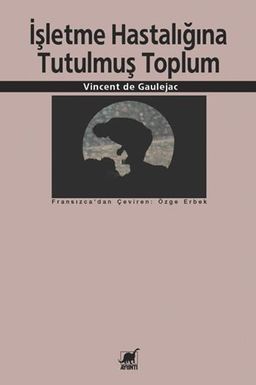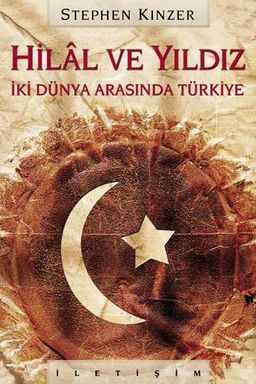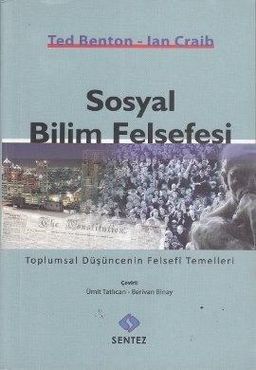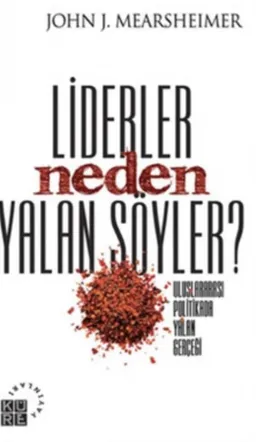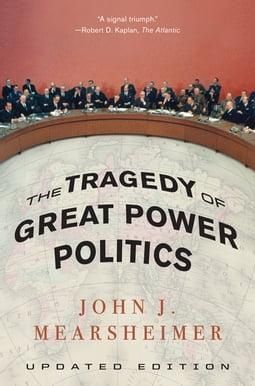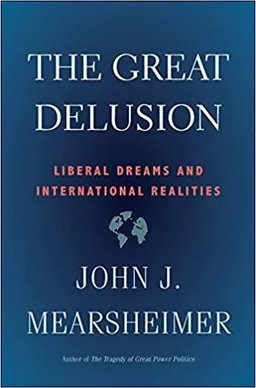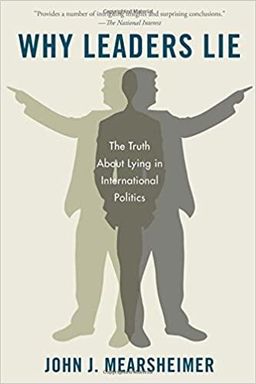The Tragedy of Great Power Politics
John J. MearsheimerAbout The Tragedy of Great Power Politics
The Tragedy of Great Power Politics subject, statistics, prices and more here.About
A decade after the cold war ended, policy makers and academics foresaw a new era of peace and prosperity, an era in which democracy and open trade would herald the "end of history." The terrorist attacks of September 11, 2001, sadly shattered these idyllic illusions, and John Mearsheimer's masterful new book explains why these harmonious visions remain utopian.
To Mearsheimer, great power politics are tragic because the anarchy of the international system requires states to seek dominance at one another's expense, dooming even peaceful nations to a relentless power struggle. Mearsheimer illuminates his theory of offensive realism through a sweeping survey of modern great power struggles and reflects on the bleak prospects for peace in Europe and northeast Asia, arguing that the United States's security competition with a rising China will intensify regardless of "engagement" policies
Author: John J. Mearsheimer
Estimated Reading Time: 15 hrs. 44 min.Page Number: 555First Publication Date: 2001Publisher: NortonISBN: 9780393020250Language: İngilizce
Similar Books
Book Statistics
Reader Profile of the Book
Kadın% 71.4
Erkek% 28.6
0-12 Yaş
13-17 Yaş
18-24 Yaş
25-34 Yaş
35-44 Yaş
45-54 Yaş
55-64 Yaş
65+ Yaş
About the Author
John J. MearsheimerYazar · 5 books
West Point’ten mezun olduktan sonra ABD Hava Kuvvetleri’nde 5 yıl görev yaptı (1970-1975). 1980’de Cornell Üniversitesi’nde siyaset bilimi alanında doktorasını tamamladı. Brookings Enstitüsü’nde araştırmacı olarak çalıştıktan (1979-1980) ve Harvard Üniversitesi Uluslararası İlişkiler Merkezi’nde doktora sonrası çalışmalarını tamamladıktan (1980-1982) sonra Chicago Üniversitesi’nde göreve başladı. Halen aynı üniversitede siyaset bilimi profesörü ve Uluslararası Güvenlik Siyaseti Programı müdür yardımcısıdır. Ayrıca 1998-1999’da CFR’de bulundu ve 2003’de Amerikan Sanatlar ve Bilimler Akademisi’ne seçildi.
International Security ve The Atlantic Monthly gibi dergilerde, New York Times ve Los Angeles Times gibi gazetelerde Bosna, nükleer silahların yayılması, ABD’nin Hindistan’a yönelik politikası ve Arap-İsrail barış girişimlerinin başarısızlığı üzerine yazılar kaleme aldı. Mearsheimer, çalışmalarını güvenlik ve uluslararası ilişkiler alanında yürütmektedir. Eserlerinden bazıları şunlardır: Conventional Deterrence (1983), Liddell Hart and the Weight of History (1988), The Tragedy of Great Power Politics (2001).
